Is Air Wick Safe for Cats? Expert Guidance on Pet-Friendly Fragrances
“Is Air Wick safe for cats?” Let’s put it this way… imagine constantly inhaling chemicals with a system ten times more sensitive than humans. This is the reality for our feline friends. Popular air fresheners like Air Wick may be jeopardizing their health.
In this enlightening article, we unearth the hidden dangers these everyday products may have on your cat’s well-being. We’ll delve into how their unique metabolisms and sensitive respiratory systems interact with these chemicals, increasingly putting them at risk.
Don’t despair, though. There are alternatives! I’ve made it easier for you by providing safe, non-toxic options for a fresh and fragrant home. So, stay with me as we journey towards safer choices for the health of our beloved pets.
An Overview of Air Wick Safety for Cats
As cat lovers, ensuring our fur babies’ safety in our homes is paramount. Air fresheners like those from Air Wick can pose various health risks to cats. The primary concern revolves around volatile organic compounds (VOCs) that these air fresheners release into the air. Cats, with their highly sensitive sense of smell, are more prone to adverse reactions from these products. Additionally, their smaller size and unique metabolism make them more susceptible to the adverse effects of these chemicals compared to humans.
How Air Wick Air Fresheners Affect Cats
Air Wick air fresheners emit VOCs that can lead to various health problems in cats. Given that cats have particularly sensitive respiratory systems, they are at heightened risk when exposed to these chemicals. These harmful substances can be inhaled, ingested, or even absorbed through the cat’s skin, making it essential to understand the impact of volatile organic compounds (VOCs) on indoor air quality, as detailed by the [EPA](https://www.epa.gov/indoor-air-quality-iaq/volatile-organic-compounds-impact-indoor-air-quality). This potentially results in toxicity. Understanding how these chemicals interact with your pet’s body is crucial in assessing the overall risks.
Potential Health Issues from Air Wick Exposure
Exposure to Air Wick products can lead to a host of health issues in cats. Initial reactions might include respiratory difficulties and irritation of the eyes, throat, and nose.
More severe health effects can encompass neurological problems and hormonal disruptions. There is also the risk of nausea and migraines, although these symptoms are less studied in pets than in humans. Chronic exposure to these harmful compounds can further complicate health outcomes, potentially contributing to the development of feline asthma and other long-term respiratory conditions.
The Specific Risks of Air Wick Products for Cats
The health of our feline friends can be significantly impacted by the ingredients found in Air Wick products. These products contain both natural and synthetic chemicals that could pose substantial risks. Du should be aware of these risks to make safer choices for your cats. Let’s dive into the specifics.
Decoding Ingredients in Air Wick Products
Potentially Harmful Chemicals
Air Wick products often contain volatile organic compounds (VOCs) and various chemicals that may be harmful to cats. Benzene, formaldehyde, and preservatives such as parabens or isothiazolinones are commonly found in air fresheners and can pose significant health risks to cats. These compounds can induce respiratory difficulties, exacerbate pre-existing conditions, and potentially cause other systemic health problems due to their toxic nature.
Given their smaller size and faster metabolism, cats are particularly vulnerable to these substances, making it essential to understand the ingredients within these products.
Essential Oils in Air Wick Products
Essential oils are another common ingredient in Air Wick air fresheners, and while they might seem harmless due to their natural origins, they can be extremely harmful to cats. Unlike humans, cats lack specific liver enzymes necessary to metabolize certain compounds found in essential oils, such as phenols and terpenes. This inability to adequately process these chemicals can result in accumulation and toxicity.
Symptoms like drooling, tremors, and respiratory distress can occur. Essential oils like tea tree oil, eucalyptus, and citrus are particularly dangerous and should be avoided in households with cats.
The Impact of Propylene Glycol
Propylene glycol is a prevalent component in many air fresheners, including those from Air Wick, and is toxic to cats even in small amounts. Cats can absorb propylene glycol through their skin, ingest it via grooming, or inhale it, leading to adverse health effects.
This chemical can cause symptoms ranging from mild vomiting and drooling to severe neurological problems and respiratory distress. Chronic exposure increases the risk of long-term health issues, making it crucial to mitigate contact between your cat and products containing propylene glycol.
The Risks Associated with Different Forms of Air Wick Products
Various forms of Air Wick products present distinct hazards to cats. Aerosol sprays, for example, disperse fine particles into the air that are easily inhaled, potentially aggravating respiratory conditions. These aerosols often remain airborne for extended periods, increasing the risk of inhalation.
Solid and liquid air fresheners are also problematic; curious cats might ingest these products or come into contact with them through their fur and skin, leading to potential gastrointestinal and dermal toxicity.
Lastly, diffusers and plug-ins continuously release fragrances into the environment, posing a risk of chronic exposure. The prolonged release of VOCs and other chemicals can lead to long-term respiratory problems, allergies, and even hormone disruption in cats, necessitating caution and consideration for pet safety.
In summary, the question, “is Air Wick safe for cats?” can largely be answered with substantial caution. By understanding the specific risks associated with the ingredients and forms of Air Wick products, cat owners can take necessary precautions to protect their feline companions. For those also wondering about other household items, it’s important to know the answer to the question, is pen ink poisonous if eaten, to further ensure the safety of your pets.
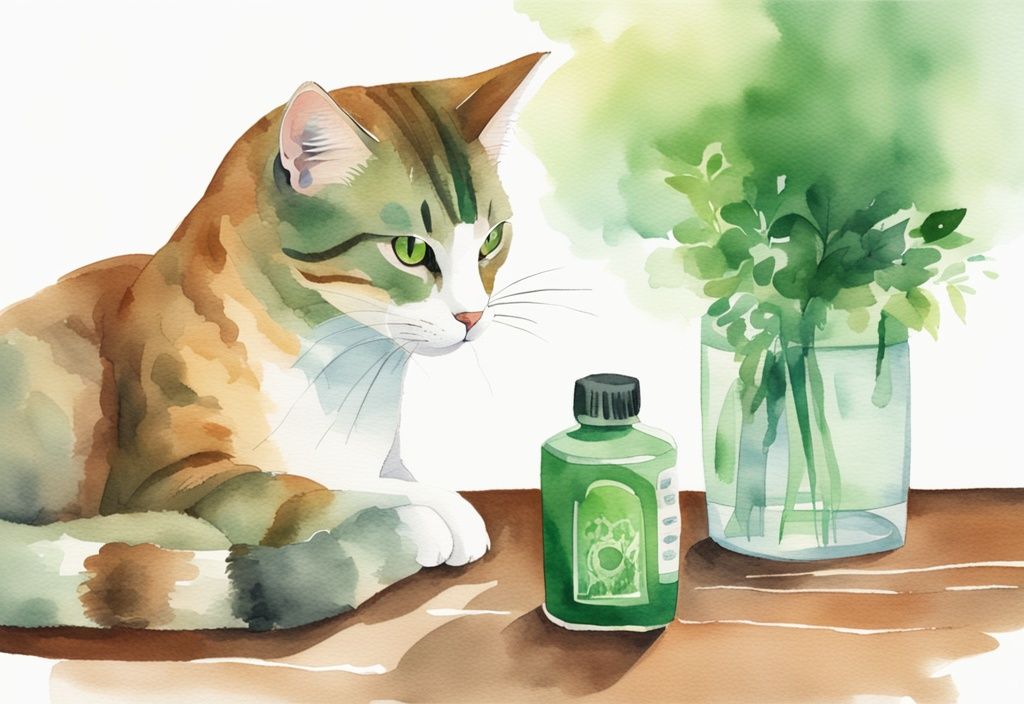
Symptoms of Toxicity in Cats from Air Wick Products
Recognizing the symptoms of toxicity in your feline companion is crucial when questioning is Air Wick safe for cats. Toxic reactions can manifest through various physical and behavioral changes.
Warning Signs to Look Out For
Common symptoms include drooling, vomiting, and tremors, which often indicate potential poisoning. Respiratory issues, like difficulty or labored breathing, also suggest adverse effects from chemicals released by Air Wick products.
Beyond these primary symptoms, keep an eye out for lethargy and disorientation, signaling neurological distress. Excessive grooming might occur due to skin irritation caused by prolonged exposure to air fresheners. Recognizing these early signs can be crucial in mitigating health risks and ensuring prompt medical intervention.
What to Do if Your Cat Shows Signs of Toxicity
If your cat shows any symptoms of toxicity, immediate action is essential. First, move your cat to an area with fresh air to minimize further exposure to harmful chemicals. Reducing the source of toxicity is crucial in preventing further inhalation or contact. For tips on making your home safer for pets, check out our guide on eco friendly vs sustainable living.
Next, contact your veterinarian or an emergency animal clinic without delay. Professional advice will help determine the severity of the situation and the necessary steps for treatment. Follow any guidance provided by your vet, which may include bringing your cat in for immediate treatment. Timely intervention can significantly improve your cat’s recovery prospects and overall health.
Pet-Safe Alternatives to Air Wick
When considering whether you can use Air Wick products safely around cats, it is crucial to seek out air fresheners that are explicitly labeled as pet-safe. This ensures that the product has undergone testing to confirm that it does not contain harmful chemicals to pets. Be wary of products with vague labels such as “natural” or “green,” as these terms are not regulated and do not guarantee safety. Activated charcoal products offer an effective solution; they naturally absorb and neutralize unwanted odors without emitting volatile organic compounds (VOCs) into the air. Additionally, explore essential oil-free options since even small quantities of certain oils can be detrimental to your feline companions.
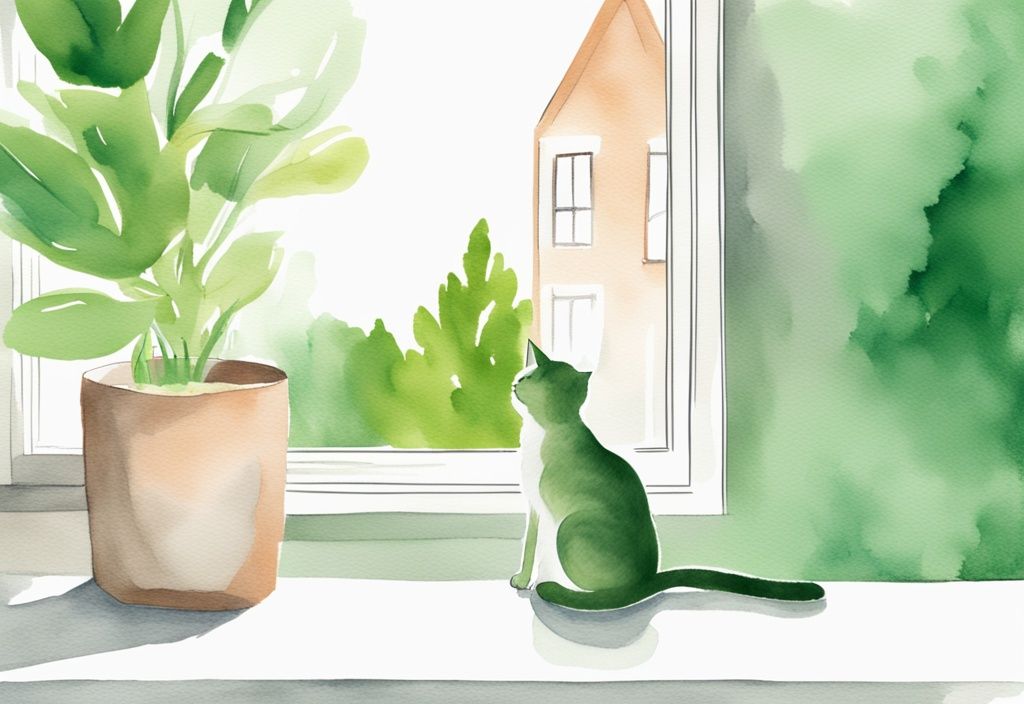
Exploring Non-Toxic, Pet-Safe Air Freshening Options
When contemplating whether Air Wick is safe for cats, it becomes vital to explore air fresheners labeled as pet-safe. These products have often undergone rigorous testing to confirm their safety around animals.
Be cautious of products marketed with vague labels such as “natural” or “green.” These terms are not regulated and can be misleading. Instead, look for explicit pet-safe labels.
- Activated charcoal: Naturally absorbs and neutralizes unwanted odors without releasing harmful chemicals.
- Essential oil-free options: Certain essential oils can be harmful to cats, so opt for air fresheners that do not contain these oils.
Natural Ways to Freshen Your Home
Maintaining a fresh and clean home environment can often be achieved through simple and natural methods. Regular cleaning is foundational; sweeping, mopping, and dusting can significantly reduce odor buildup.
Increasing ventilation by opening windows allows fresh air to circulate, dispersing any residual odors and lowering indoor pollutant levels. Employing natural cleaning agents like baking soda and vinegar can effectively eliminate odors without introducing harmful chemicals.
Houseplants offer another avenue for maintaining indoor air quality. Species such as spider plants and ferns are known for their air-purifying qualities and can be a safe addition to a pet-friendly home.
Usage Guidelines for Cat Owners Using Air Fresheners
The Importance of Proper Ventilation
Proper ventilation is essential when using air fresheners to mitigate any adverse effects on indoor air quality. If you’re wondering, is Air Wick safe for cats, ventilating rooms where these products are used can help in dissipating potentially harmful chemicals. Make it a point to open windows and utilize fans to enhance air circulation. This step is particularly crucial for maintaining a healthy environment for your feline friends, minimizing the absorption of volatile organic compounds (VOCs) and other harmful substances.
Tips for Keeping Cats Safe from Air Fresheners
To answer the question, is Air Wick safe for cats, it’s essential to follow some practical guidelines. First, avoid using air fresheners in areas where cats spend a lot of time, such as their sleeping or eating spots. This precaution minimizes their exposure to potentially harmful chemicals.
Additionally, store all air fresheners out of reach to prevent curious cats from ingesting or coming into direct contact with these products. Regularly observe your pets for any signs of adverse reactions like drooling, vomiting, or breathing difficulties when you introduce a new air freshener in your home. This vigilance can offer early indications of toxicity, allowing you to take quick action.
Contacting a Veterinarian About Air Wick Concerns
It’s essential to seek professional advice when addressing concerns about the safety of Air Wick products for cats. This section provides guidance on consulting with your veterinarian to ensure your feline friend’s health and safety.
When to Consult a Veterinarian
If you notice any signs of illness or behavioral changes in your cat after using air fresheners, it’s crucial to consult your veterinarian immediately. Key symptoms to watch for include:
- Drooling
- Vomiting
- Tremors
- Difficulty breathing
- Lethargy
- Changes in appetite or behavior
Rapid intervention can prevent complications, ensuring your cat receives the appropriate care swiftly.
Additionally, it is advisable to discuss potential product risks with your vet before introducing new air fresheners into your home. A professional opinion can help you understand whether specific ingredients may pose a threat to your pet’s health. Awareness and proactive steps can significantly reduce the likelihood of adverse reactions.
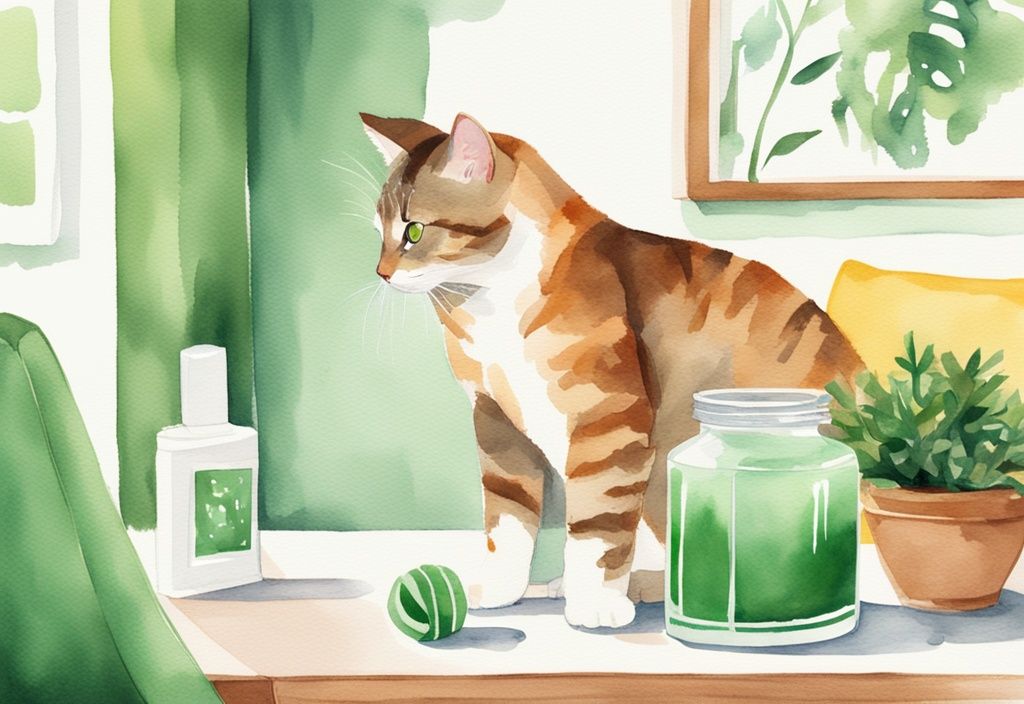
Talking to Your Vet About Air Fresheners
When consulting your vet about air fresheners, providing a comprehensive list of ingredients found in the products you use is essential. This allows the vet to better understand the potential risks associated with specific chemicals, particularly those that may be toxic to cats.
Discuss any concerns regarding chronic exposure and the possible long-term effects on your cat’s health. Topics might include:
- The impact of volatile organic compounds (VOCs)
- Essential oils
- Other harmful substances commonly found in air fresheners
A thorough conversation with your vet can guide you in making safer choices, helping to protect your feline friend’s well-being.
Conclusion: Can You Use Air Wick Safely Around Cats?
Air Wick products, despite their popularity, pose potential health risks to cats due to the volatile organic compounds (VOCs) and other chemicals they release into the air. Given the sensitivity of cats’ respiratory systems and their unique metabolic pathways, these substances can lead to various health issues such as respiratory difficulties, neurological problems, and even hormonal disruptions.
While some may argue that occasional use of Air Wick in well-ventilated areas minimizes risk, it’s crucial to consider that chronic exposure, even at low levels, could still be harmful over time. Cats, unlike humans, cannot process certain chemicals effectively, making them more vulnerable to long-term adverse effects. Symptoms of toxicity can be subtle initially but may escalate with repeated exposure, reinforcing the need for caution. For pet owners, it’s important to consider using the best non-toxic room sprays to ensure a safe environment for your furry friends.
In light of these concerns, the safest approach for cat owners is to avoid using Air Wick products altogether. Instead, opt for pet-safe alternatives that are specifically designed to be non-toxic. Products such as activated charcoal for odor absorption or natural cleaning solutions like baking soda and vinegar offer effective and safer ways to freshen up indoor spaces. Additionally, maintaining good ventilation and routine cleaning can significantly improve indoor air quality without introducing harmful substances.
Prioritizing your cat’s health by eliminating potential hazards is essential for creating a safe and loving home environment. By choosing non-toxic options and being mindful of product labels, you can ensure your feline friends remain healthy and happy.
Frequently Asked Questions (FAQ)
Does Air Wick Lead to Respiratory Issues in Cats?
Yes, Air Wick air fresheners can cause respiratory issues in cats. The VOCs and various chemicals released by these products are known to lead to asthma and breathing difficulties in our feline friends. It’s concerning and something to consider seriously when deciding on home fragrances.
Are Natural or Organic Air Fresheners Safe for Cats?
Not necessarily. Just because a product is labeled as natural or organic doesn’t make it inherently safe for cats. These air fresheners can still contain harmful chemicals or essential oils that are toxic to our feline companions. Always verify the ingredients for safety, keeping a close eye out for any substances known to be harmful to cats.
What Are Signs That Your Cat Might Be Reacting to Air Wick?
Signs of a reaction to Air Wick in cats can be quite varied but include drooling, vomiting, tremors, difficulty breathing, lethargy, and changes in behavior or appetite. Sadly, these symptoms can escalate quickly, so it’s imperative to monitor your cat closely for any of these worrying signs.
Safe Way to Use Air Wick Products Around Cats?
Although it’s generally advisable to avoid using Air Wick around cats, if you must, ensure that there is excellent ventilation. Keeping products out of reach and using them in well-ventilated areas can minimize some risks. It’s crucial to monitor your cat for any adverse reactions to ensure their ongoing safety.
What Are Some Cat-Friendly Alternatives to Air Wick?
Thankfully, several cat-friendly alternatives can help keep your home smelling fresh without compromising your pet’s health. Non-toxic, pet-safe options include:
- Activated charcoal
- Vinegar and baking soda cleaning solutions
- Houseplants that naturally improve indoor air quality
These alternatives provide a safer, healthy environment for your cat while still helping to eliminate unwanted odors.
Hi, I’m Olivia Green, the voice behind nontoxicways.com. I’m passionate about helping you make the shift to a healthier, non-toxic lifestyle without feeling overwhelmed. I love sharing my personal journey, from small changes to big transformations, along with practical tips that make it all feel doable. My goal is to inspire and guide you toward a lifestyle that benefits both your well-being and the planet. Let’s take this journey together, one simple step at a time!
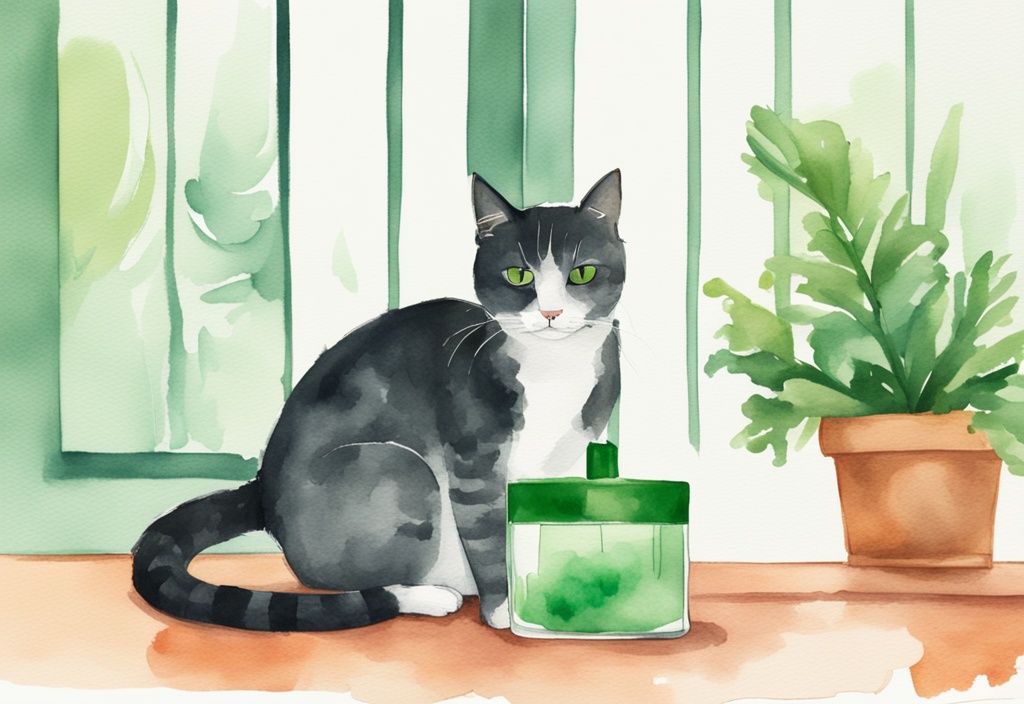
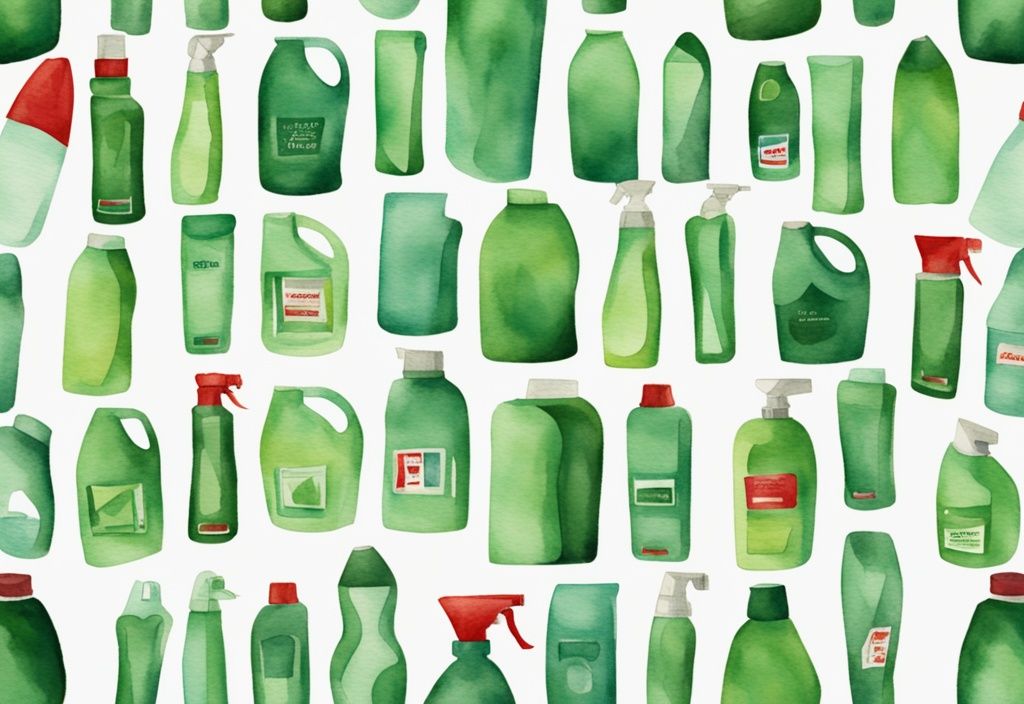












Post Comment